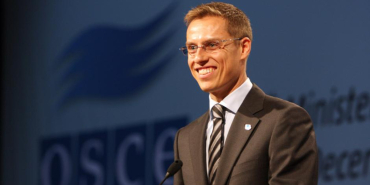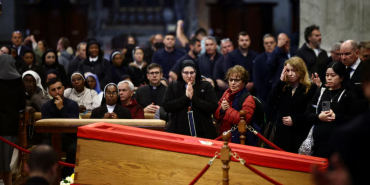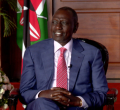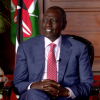Omar: Kindiki to Take Over Once Courts Clear Way

The United Democratic Alliance (UDA) is preparing for a leadership transition following the unprecedented impeachment of Deputy President Rigathi Gachagua.
According to UDA Secretary General Hassan Omar, the party is set to appoint Kithure Kindiki as its new deputy leader once pending court proceedings conclude. The party's leadership transition plans have been characterized by a sense of urgency, with Omar indicating that the appointment process could be executed swiftly, potentially within minutes of court confirmation. This development coincides with broader organizational changes within the party, including the removal of former Secretary General Cleophas Malala by the National Executive Committee (NEC).
The matter currently rests with a three-judge High Court bench, which is scheduled to rule on whether to postpone Kindiki's swearing-in as deputy president. While the National Assembly, Senate, and Attorney General Dorcus Oduor support proceeding with the oath of office, Gachagua's legal team seeks to extend existing orders until his impeachment challenge reaches resolution. The situation reflects growing tensions between Gachagua and the party leadership, including President William Ruto. Omar has emphasized that the party constitution's provisions linking the deputy president position to the deputy party leadership make the transition necessary.
The NEC, as the party's supreme decision-making body, stands ready to formalize the change once legal proceedings conclude. UDA has proposed constitutional amendments to restructure its leadership hierarchy, suggesting one deputy leader position supported by two assistant deputy party leaders. While this proposal awaits formal adoption at the National Delegates Convention, it has already secured NEC approval thus representing a compromise from earlier plans for three deputy leaders.
Gachagua's impeachment marks a historic moment in Kenyan politics, as he becomes the first deputy president to be removed through this constitutional mechanism. The Senate's decision followed hearings addressing multiple charges, including constitutional violations, presidential undermining, ethnic incitement, and financial impropriety. Gachagua maintains that the proceedings were politically motivated and continues to challenge their legitimacy through legal channels.

















Add new comment